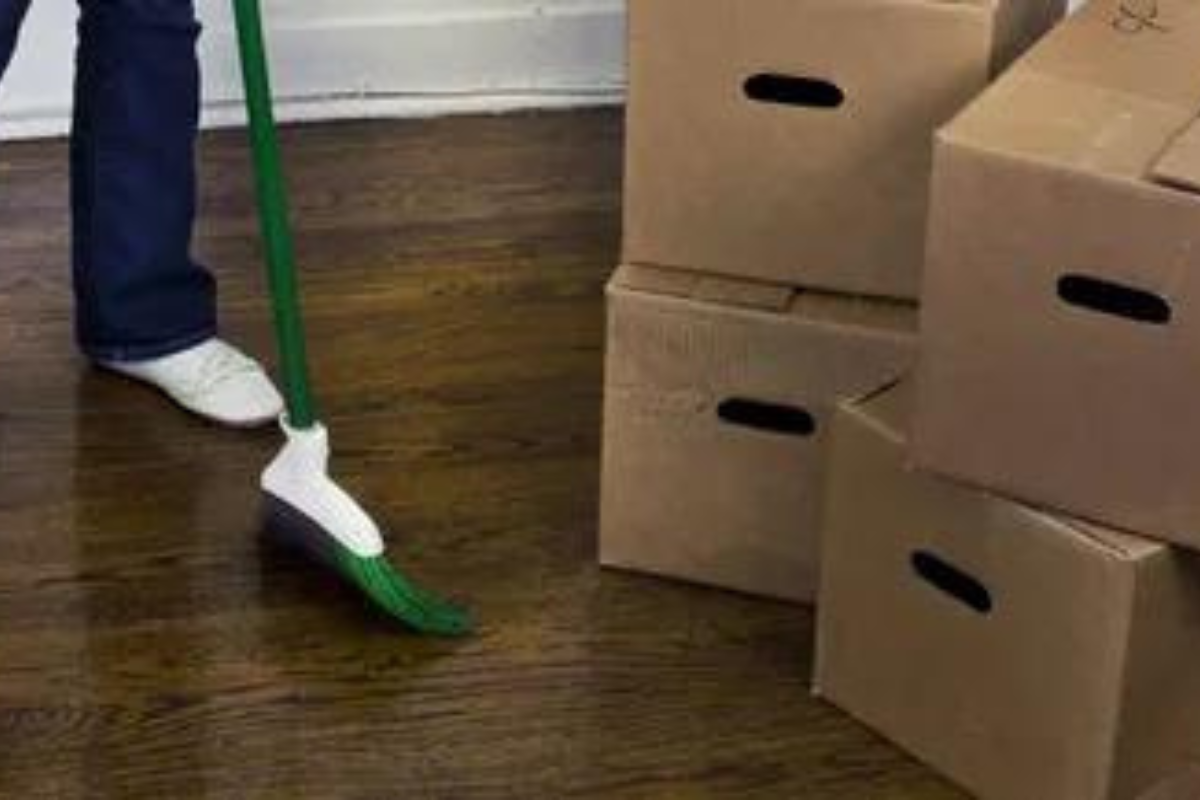Estate cleanout:
An estate cleanout is not a simple task. It involves sorting, organizing, donating, selling, disposing and cleaning the items left behind by a loved one who has passed away or moved to a smaller place. It can also involve dealing with legal, financial and emotional issues. However, with proper planning and execution, an estate cleanout can be a positive and beneficial experience. Here are some steps and tips to help you plan and execute an estate cleanout.
Understanding the Scope:
Begin by assessing the scope of the cleanout. Take stock of the belongings, distinguishing between items with sentimental value, valuables, and those ready for disposal. Understanding the scale of the task will help you plan and allocate resources effectively.
Create a System:
Establish a systematic approach to sorting through items. Categorize belongings into keep, donate, sell, and dispose piles. This not only streamlines the process but also ensures that each item is given the appropriate consideration.
Preserving Sentimental Items:
Sentimental belongings often carry immense emotional weight. Consider creating a dedicated space for family members to review and reminisce about these items before making decisions. This allows for open communication and helps in preserving cherished memories.
Professional Assistance:
In some cases, seeking professional assistance for estate cleanouts can be beneficial. Estate cleanout services specialize in managing the entire process, from sorting and organizing to disposal. They can also help with appraisals for valuable items.
Gather the necessary documents:
Before you start the estate cleanout, you need to gather the necessary documents that prove your authority and ownership over the property and the items. These documents may include the will, the death certificate, the probate court order, the trust agreement, the power of attorney, the deed, the title, the insurance policies and the tax records. You may also need to consult a lawyer or an accountant to help you with the legal and financial aspects of the estate.
Make a list of the items:
The next step is to make a list of all the items in the estate. A spreadsheet can be used, a notebook or an app to record the items. You should include information such as the name, description, location, condition, value and sentimental value of each item. You should also take photos or videos of the items for documentation and reference purposes.
Sort and categorize the items:
After making the list, you need to sort and categorize the items into four groups: keep, donate, sell and trash. It would be keep the items that have personal or family significance, such as photos, letters, jewelry or heirlooms. You should donate the items that are in good condition but not needed or wanted by you or your family, such as clothes, books, toys or furniture. One can donate them to charities, churches, schools or other organizations that accept donations. The items that have monetary value should be sold but no sentimental value, such as antiques, collectibles, art or appliances. You can sell them online, through an auction house, at a garage sale or through a consignment store. The items that are broken, damaged or worthless, such as expired food, medicines or cosmetics should be trashed. You can dispose of them in an environmentally friendly way by recycling, composting or hiring a junk removal service.
Hire professionals if needed:
Depending on the size and complexity of the estate cleanout, you may need to hire professionals to help you with some tasks. For example, you may need to hire an appraiser to evaluate the value of some items; a mover to transport some items; a cleaner to sanitize and disinfect some areas; or a landscaper to maintain some outdoor spaces. You should compare different professionals and choose ones that are reliable, reputable and affordable.
Take care of yourself:
Finally, you should take care of yourself during the estate cleanout process. An estate cleanout can be physically exhausting and emotionally draining. You should take breaks regularly; drink water and eat healthy snacks; wear protective gloves and masks; ask for help from family and friends; express your feelings and emotions; and seek professional counseling if needed.
- The purpose and goal of estate cleaning:
Why are you writing about estate cleaning? What do you want to achieve or convey with your writing? For example, are you writing to inform, persuade, entertain or educate your readers? Are you writing to share your personal experience, offer advice, provide a service or sell a product? - The audience and tone of estate cleaning:
Who are you writing for? What are their needs, interests and expectations? How do you want to communicate with them? For example, are you writing for family members, friends, professionals or strangers? Are you writing in a formal, informal, casual or humorous tone?
The purpose and goal of estate cleaning:
Why are you writing about estate cleaning? What do you want to achieve or convey with your writing? For example, are you writing to inform, persuade, entertain or educate your readers? Are you writing to share your personal experience, offer advice, provide a service or sell a product?
- The audience and tone of estate cleaning:
Who are you writing for? What are their needs, interests and expectations? How do you want to communicate with them? For example, are you writing for family members, friends, professionals or strangers? Are you writing in a formal, informal, casual or humorous tone? - The format and structure of estate cleaning:
How are you going to present your writing? What are the best ways to organize and arrange your information and ideas? For example, are you writing a blog post, an article, a book, a brochure or a flyer? Are you writing in paragraphs, bullet points, lists or tables? - The content and sources of estate cleaning:
What are the main points and details that you want to include in your writing? Where are you going to get your information and evidence from? How are you going to cite and reference your sources? For example, are you going to use personal anecdotes, statistics, facts, opinions or quotes? Are you going to use online sources, books, magazines or interviews?
An estate cleanout is not an easy job, but it can be done with proper planning and execution. By following these steps and tips, you can make your estate cleanout a smooth and successful one. Remember that you are not alone in this process; there are many resources and people who can support you along the way.




